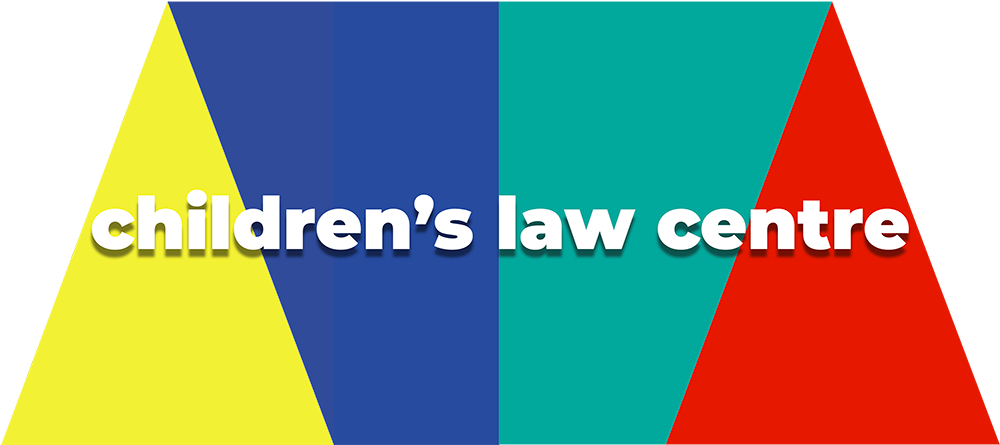An Update on the UNCRC Reporting Process 2022/23
13 February 2023
This year, the UN Committee on the Rights of the Child will report on the work carried out by the UK government and Northern Ireland Executive to protect children’s rights. This is to make sure they are fulfilling their obligations under the UN Convention on the Rights of the Child (UNCRC).
The UK government signed up to the UNCRC in 1990 and it was ratified in 1991. By ratifying the UNCRC, the UK government have a duty under international law to make sure the rights of all children and young people in Northern Ireland are protected and to work towards making these rights reality in law.
The UK government must report to the UN Committee on the Rights of the Child (the Committee) every five years to explain how well they are protecting children’s rights in Northern Ireland. The Committee then makes concluding observations and recommendations for the UK government to implement.
The Children’s Law Centre (CLC) leads the Northern Ireland NGO sector in submitting evidence to inform the examination process. The Centre’s youth panel, Youth@CLC, also submits a children and young people’s report.
In December, CLC submitted three major reports to the Committee. The reports were developed in consultation with a wide range of NGOs, as well as over 1,000 children. They give an authoritative position on the state of children’s rights in Northern Ireland. Unfortunately, the picture is extremely worrying.
A number of the major recommendations from previous concluding observations remain unimplemented. These include raising the age of criminal responsibility, removing the defence of reasonable punishment, (finally) enacting a Bill of Rights for Northern Ireland, and introducing age discrimination legislation to protect children. These are all issues raised in 2016 that have still not been addressed.
Adding to this, subsequent years have become even more perilous for children and young people. Since 2016, we’ve had attacks on human rights from the UK government, uncertainty around rights protected by the Good Friday Agreement, escalating pressures on public services, the impact of Covid policies on vulnerable children, and a growing failure to protect newcomer children.
In addition, issues that did not feature in 2016 are now major concerns including the rising number of unaccompanied asylum-seeking children being held in unsuitable temporary accommodation. While concerns around the disproportionate numbers of children being stopped and searched remain, we now also have serious concerns around the strip searching of children and the use of ‘spit hoods’. Far from being protected and progressed, children’s rights have gone backwards.
When we look at the children and young people’s report submitted by our youth panel, Youth@CLC, we begin to understand why that is. One of the most damning statistics in their report is that only 15% of children and young people feel they are listened to by politicians. For 16 to 17 year olds, this figure drops to 9%. Decision makers simply aren’t listening and it’s little wonder children are being failed.
Listening to children and young people is the basic first step and it’s being missed. Once we listen, we quickly understand why fewer than half of the children who responded to our survey agreed they could quickly see a counsellor or specialist when they needed support for their mental health. In the words of one young person answering our survey: “From hearing friends talk about their experience with things like counsellors or CAMHS, it seems like it would make me feel worse or not work”.
The proportion able to quickly access mental health support was lower again for children on free school meals, children with a disability, and 16 to 17 year olds, all of whom are more likely to rely on the service. It’s clear, when it comes to mental health support, for example, we’re failing children. Or, as put more succinctly by one young person in a workshop: “CAMHS is shite, they put no time into helping you.”
The picture is similar across other areas. In schools, children tell us they’re being failed by not having standardised relationship and sexuality education (RSE). In care, we’re failing children by stigmatising them and failing to understand their particular needs. In the youth justice system, young people tell us the police don’t understand their mental health needs.
Disabled young people list a whole catalogue of ways they’re being failed within the school system and in the community, generally feeling less positive about their participation in society, their health and development and the opportunities they have available to them.
In February 2023, CLC led a delegation of children and young people, along with a number of other organisations, to meet with the Committee in Geneva to give evidence. Unfortunately, it was not an opportunity for them to show how children’s rights in Northern Ireland have progressed since 2016.
All three reports submitted to the Committee are available here, including a summary for children and young people of the Rights Here, Right Now report.
CLC would like to thank our youth panel, Youth@CLC, for helping us develop and submit the Rights Here, Right Now survey and report. We would like to thanks the 1,026 respondents to the survey, the 127 children and young people who took part in the workshops and the NGOs that contributed to the Stakeholder Report 2, and associated Stakeholder Report 2 Evidence.
Finally, we would like to thank Jerome Finnegan of Save the Children for his assistance in developing and analysing the survey and Dr Deena Haydon for her extensive work gathering, analysing and writing up the information presented in these reports.

